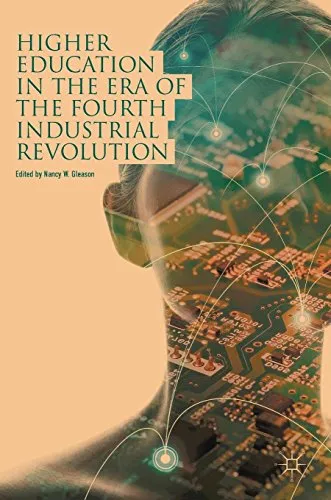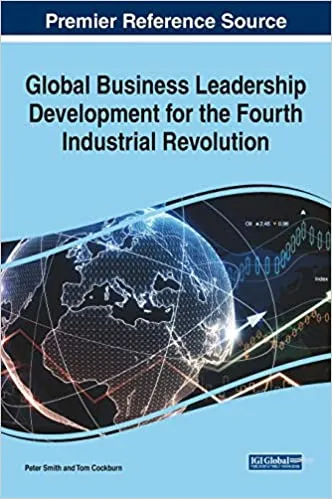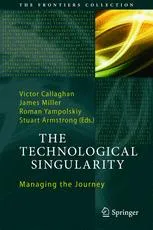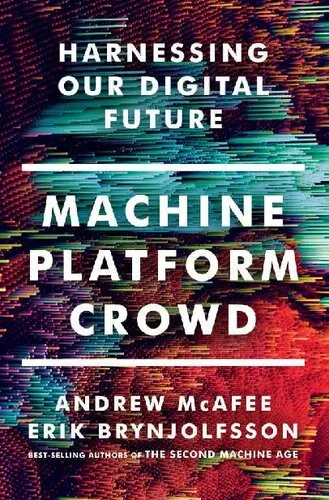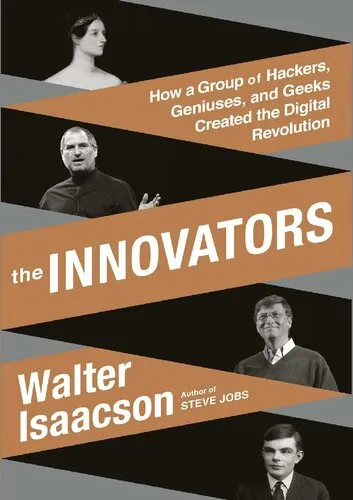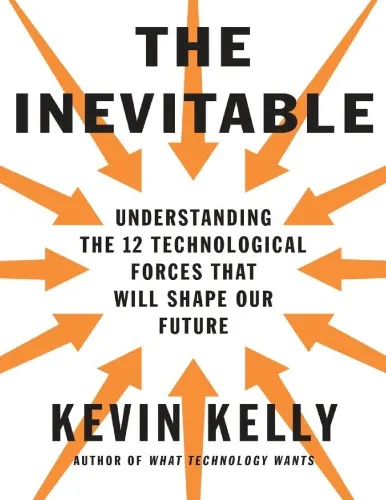The Code: Silicon Valley and the Remaking of America
5.0
Reviews from our users

You Can Ask your questions from this book's AI after Login
Each download or ask from book AI costs 2 points. To earn more free points, please visit the Points Guide Page and complete some valuable actions.Related Refrences:
Introduction to 'The Code: Silicon Valley and the Remaking of America'
Margaret O’Mara's "The Code: Silicon Valley and the Remaking of America" offers a compelling narrative that delves into the origins, rise, and global influence of Silicon Valley, the world's tech innovation hub. By examining the intricate web of governmental, educational, corporate, and individual players, O'Mara paints a vivid picture of how this once unremarkable valley turned into a powerhouse of technology and entrepreneurship, fundamentally reshaping the American economy and society.
Detailed Summary of the Book
"The Code" is a historical exploration of the factors that transformed Silicon Valley into a global center of technology and innovation. O'Mara begins by setting the scene with post-World War II America, highlighting how government funding, particularly through defense contracts, set the stage for technological advancements. The book traces the complex relationships among academia, private capital, and government, emphasizing the role of universities like Stanford in fostering a culture of innovation. Through in-depth research and interviews, O'Mara discusses key figures and companies, from William Shockley and Fairchild Semiconductor to modern tech giants such as Google and Apple. The book not only charts the technological breakthroughs that paved the way for the current digital era but also considers the broader cultural and political changes that accompanied them. O’Mara deftly argues that the growth of Silicon Valley was not an isolated phenomenon but the product of historical forces shaped by policy decisions, social movements, and global trends.
Key Takeaways
- The pivotal role of government in funding and facilitating technological innovation, especially during the early years through defense and research grants.
- The contribution of academic institutions like Stanford University in nurturing a skilled workforce and fostering a culture of collaboration and entrepreneurship.
- The transitions and challenges Silicon Valley faced, from the anti-establishment sentiments of the 1960s to the disruptive tech crises of the late 20th century.
- Silicon Valley’s influence on global business practices and its reinforcement of American economic dominance through technology.
Famous Quotes from the Book
"Innovation doesn't happen in isolation. It requires a symphony of players - government, institutions, and risk-takers."
"Silicon Valley is not just a place on the map, it's a state of mind, defined by its willingness to take risks and embrace the new."
Why This Book Matters
"The Code" is significant because it bridges the gap between the often glamorous narrative of Silicon Valley and the gritty realities of its formation and expansion. By doing so, O'Mara provides readers with a nuanced perspective that illustrates the confluence of academia, industry, and government. As technology continues to shape global economies and societies, understanding the origins and dynamics of Silicon Valley becomes increasingly vital. This book serves not only as a historical account but as a cautionary tale and a guide for future innovation and policy-making. O’Mara’s insights encourage readers to contemplate the ethical dimensions of technology and the responsibilities that come with innovation, making it a crucial read for tech enthusiasts, policymakers, and anyone interested in the forces that shape our digital world.
Free Direct Download
You Can Download this book after Login
Accessing books through legal platforms and public libraries not only supports the rights of authors and publishers but also contributes to the sustainability of reading culture. Before downloading, please take a moment to consider these options.
Find this book on other platforms:
WorldCat helps you find books in libraries worldwide.
See ratings, reviews, and discussions on Goodreads.
Find and buy rare or used books on AbeBooks.
1461
بازدید5.0
امتیاز0
نظر98%
رضایتReviews:
5.0
Based on 0 users review
Questions & Answers
Ask questions about this book or help others by answering
No questions yet. Be the first to ask!



